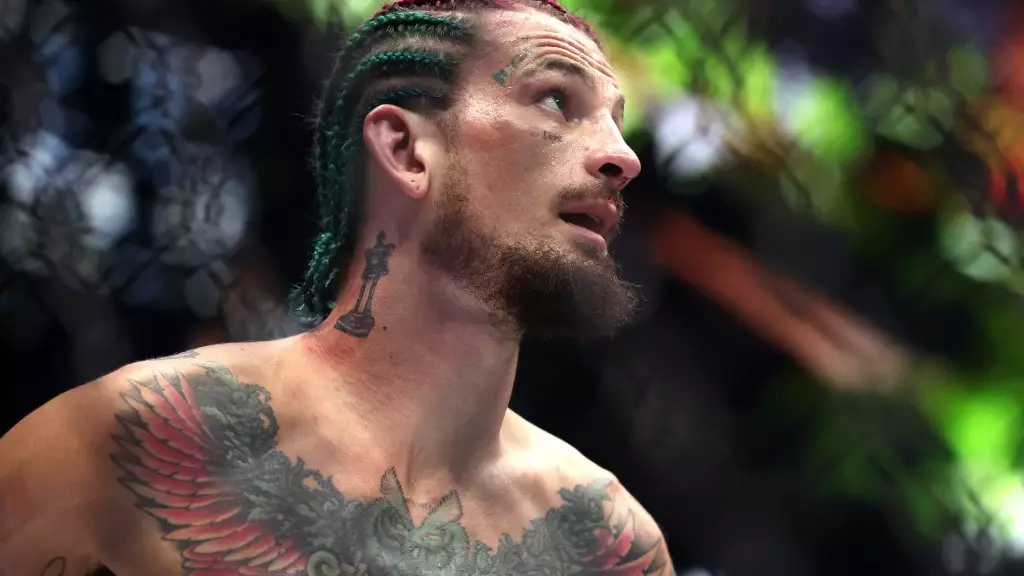The world of mixed martial arts is notorious for its unpredictability, and Sean O’Malley’s recent fight at UFC 306 underscored this volatility in a significant way. Cruising into 2024 with aspirations of reaching the towering pinnacle of UFC fame that Conor McGregor has established, O’Malley faced a turning point as he lost the bantamweight title to Merab Dvalishvili. This matchup, held at the Sphere in Las Vegas, not only marked the end of O’Malley’s championship reign but also raised questions about his future trajectory in the sport.
Dvalishvili’s performance was a testament to his wrestling prowess and strategic execution, dominating O’Malley for the full 25 minutes. Employing relentless takedowns and pressure, Dvalishvili showcased a game plan that exposed weaknesses in O’Malley’s approach. O’Malley, once known for his striking dominance, appeared subdued and uncharacteristically hesitant during the bout. His reluctance to engage effectively was a significant deviation from the electric style that fans had come to expect, leading to a unanimous decision loss that would echo in the fighter’s mind.
In the aftermath of the fight, O’Malley took to his podcast, the “TimboSugarShow,” revealing an introspective side that is often masked by his vibrant personality. He openly acknowledged a sense of overconfidence leading into the fight, stating, “I overpromised, underdelivered,” a sentiment that resonates with many athletes who misjudge their preparation or match readiness. Here, O’Malley’s candid admission of underperforming not only highlights his maturity as a fighter but serves as a sobering reminder of the constant evolution required in combat sports.
Despite the setback, O’Malley asserted that he would not make excuses, attributing his performance to Dvalishvili’s superior abilities on the night rather than to any critical failings in his training or mindset. He expressed a feeling of being “out-strengthed,” emphasizing the physicality of the contest over skill or speed. This acknowledgment reflects a critical lesson for fighters at any level—recognizing the strength of opponents and the ever-present necessity for physical preparation alongside tactical prowess.
The defeat has prompted O’Malley to rethink his approach and expectations after what he characterized as a singular title defense. He indicated a lengthy hiatus from competition, stating, “I probably won’t fight for nine months, 10 months, maybe a year.” This period will not only allow him to recover but also offer the opportunity to recalibrate and refine his skills, reinforcing the idea that even the brightest stars must sometimes dim their light to come back stronger. The UFC’s spotlight remains unforgiving, yet O’Malley’s ability to navigate this chapter with honesty and resilience may very well shape his eventual comeback and future endeavors in the sport.

